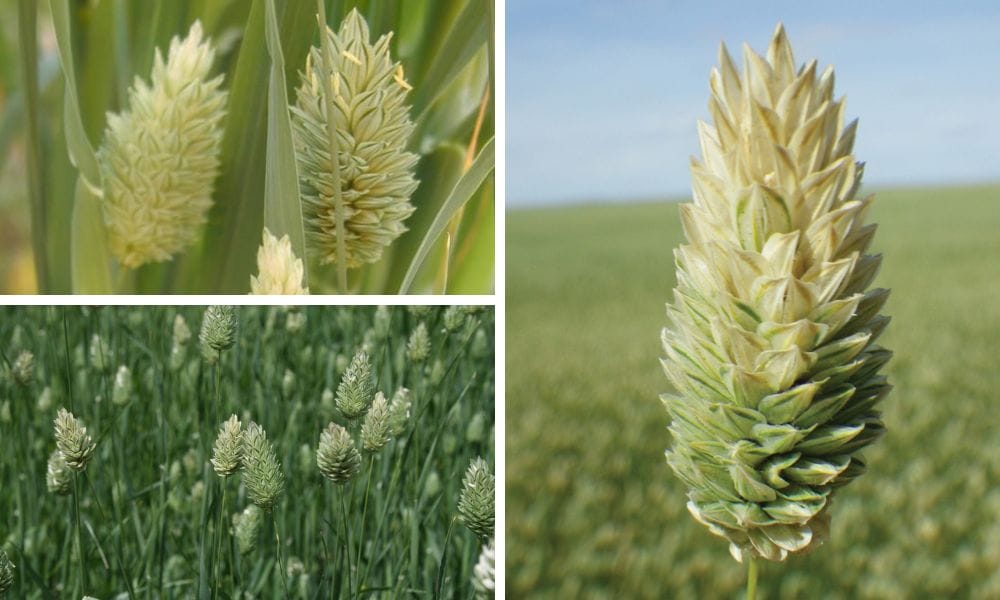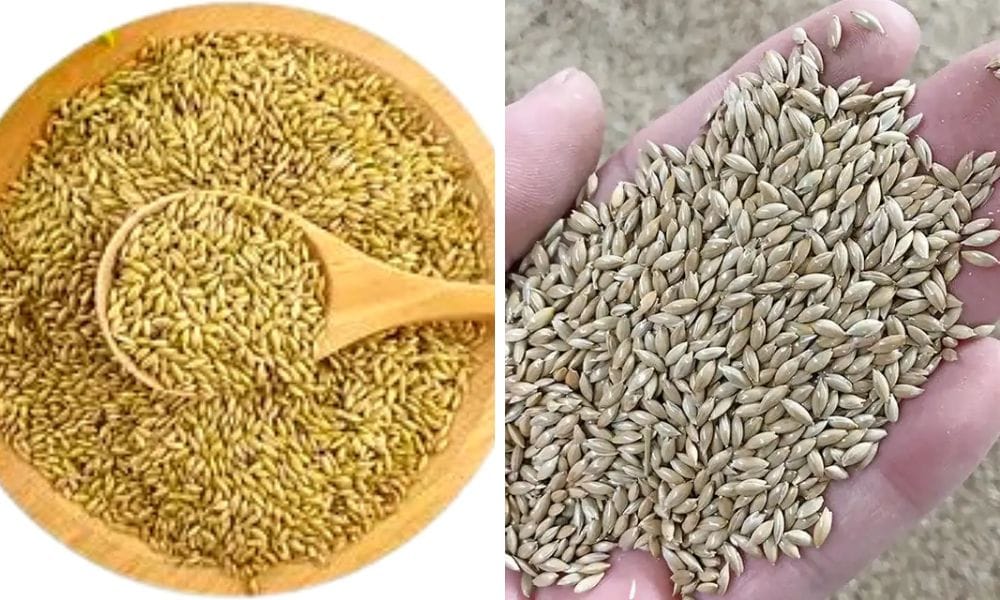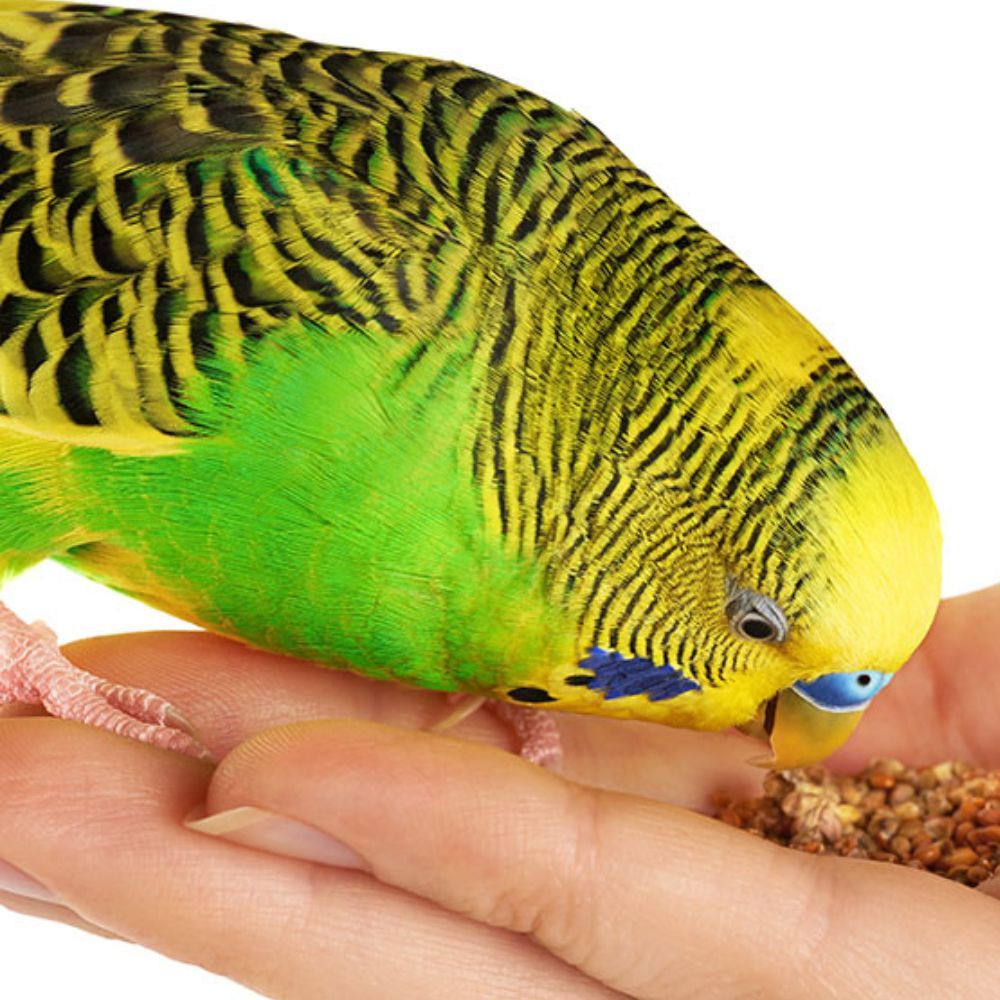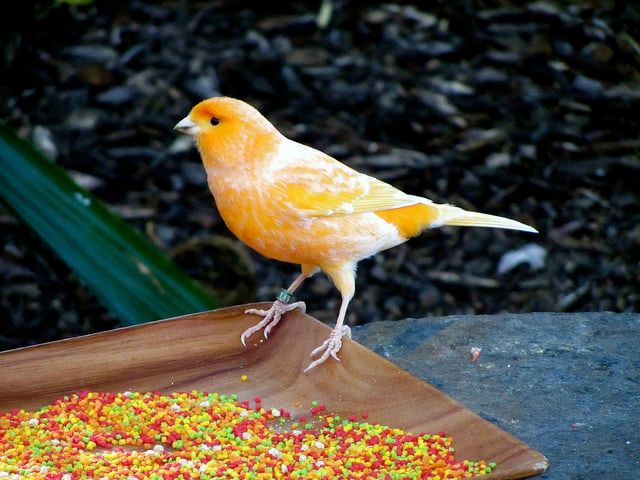Unlocking the Secrets of Canary Seed: A Superfood in Disguise
From ancient China to modern day, this little known ingredient has been making waves in the health community as a powerful source of nutrition.

Key Takeaways:
- Canary seeds, traditionally used as bird food, are emerging as a superfood for human consumption.
- Rich in protein and fiber, canary seeds offer numerous health benefits, especially for those with wheat allergies.
- The Spanish Royal Decree has paved the way for the safe consumption of canary seed by humans.
Introduction to Canary Seeds
Canary seeds, also known by their Spanish name “alpiste,” have long been associated with bird food. However, recent studies and regulations have unveiled their potential as a superfood for humans. Originating from the Canary Islands and cultivated in regions like the Canadian prairies and West Africa, these seeds are gaining popularity for their nutritional benefits.
The canary seed plant, scientifically known as Phalaris canariensis, produces seeds that are rich in protein and fiber. Unlike other seeds, canary seeds have a unique composition that makes them suitable for human consumption. The Spanish Royal Decree has played a significant role in this transition, ensuring that canary seeds are safe and beneficial for humans. Alpiste canary seeds are not only nutritious but have also been historically used in drinks and various dishes, making them a versatile addition to modern diets.

Nutritional Profile of Canary Seeds
Canary seeds are packed with nutrients that make them a valuable addition to the human diet. They are particularly rich in protein, making them an excellent alternative for those with wheat allergies. The protein content in canary seeds is similar to that found in meat, making them a great option for vegetarians and vegans. The versatility and health benefits of alpiste seeds, also known as canary seeds, are noteworthy, as they can be incorporated into baked goods, snacks, and cereals.
They are particularly rich in protein, making them an excellent alternative for those with wheat allergies. However, the presence of a protein similar to a wheat allergen protein in canary seeds necessitates caution for those with wheat allergies due to the potential for allergic reactions.
In addition to protein, canary seed is high in fiber, which aids in digestion and promotes a healthy gut. They also contain essential vitamins and minerals, including silica, which is beneficial for skin, hair, and nails. The importance of removing silica fiber to make canary seed safe for human consumption cannot be overstated, as processing methods like EWA eliminate this fiber to ensure suitability for diets. The starchy endosperm of canary seed provides a good source of energy, making them a versatile ingredient in various dishes.
Health Benefits of Canary Seeds
The health benefits of canary seed are numerous. For starters, their high protein content makes them an excellent choice for those looking to increase their protein intake without consuming meat. This is particularly beneficial for individuals with wheat allergies, as canary seeds do not contain wheat protein. However, it is important to note that some gluten-free alternatives may still contain proteins similar to wheat allergen protein, so caution is advised for those with wheat allergies.
Canary seed is also known for its high fiber content, which helps regulate blood sugar levels and promotes a feeling of fullness. This makes it an ideal food for weight management. Additionally, the silica in canary seeds supports healthy skin, hair, and nails, making them a beauty-enhancing superfood.

Culinary Uses of Canary Seeds
Canary seeds can be incorporated into a variety of dishes, making them a versatile ingredient in the kitchen. They can be ground into flour and used in baked goods such as bread, muffins, and cookies. This is particularly useful for those with wheat allergies, as canary seed flour is a great alternative to wheat flour. Alpiste seeds, also known as canary seeds, are versatile and can be used in various culinary applications.
In addition to baked goods, canary seeds can be added to smoothies, salads, and soups for an extra nutritional boost. They can also be sprouted and used in sandwiches and wraps, similar to how alfalfa sprouts are used. The mild, nutty flavor of canary seeds makes them a pleasant addition to many dishes.
Canary Seed and Bird Food
While canary seed isgaining popularity as a superfood for humans, they are still widely used as bird food. Most birds, including canaries, finches, and parakeets, enjoy canary seeds as part of their diet. The seeds provide essential nutrients that support the health and well-being of birds.

However, it's important to note that canary seeds for human consumption are processed differently than those intended for birds. The seeds for human consumption are dehulled to remove the silica-rich outer layer, making them safe and digestible for humans. This distinction is crucial for ensuring the safety and nutritional benefits of canary seeds for both humans and birds.
While canary seeds are a staple in the diet of most birds, they are also suitable for other pets like budgies, canaries and finches. These seeds are a very good product for pet food because they provide essential nutrients that help in maintaining the health and vitality of your feathered pets. The high protein content aids in feather production, while the minerals like calcium and phosphorus support bone health.

Growing and Harvesting Canary Seed
The canary seed plant thrives in various climates, including the Canadian prairies and West Africa. The plant is relatively easy to grow and harvest, making it an accessible crop for farmers. The seeds are harvested once they have matured and dried, ensuring they are ready for consumption.
Farmers typically store canary seed in a dry place to maintain its quality and prevent spoilage. Proper storage is essential for preserving the nutritional value of the seeds. Once harvested, the seeds can be processed and packaged for both birds food and humans.
Canary Seed and Wheat Allergies
For individuals with wheat allergies, finding suitable alternatives can be challenging. Canary seed offer a viable solution, as it do not contain wheat protein. This makes it a safe and nutritious option for those with wheat allergies or sensitivities. However, it is important to note that while canary seed is gluten-free, it contains a protein similar to a wheat allergen protein, which may pose potential risks for individuals with a wheat allergy. Therefore, caution is advised when introducing this product.
In addition to being wheat-free, canary seeds are also gluten-free, making them suitable for individuals with celiac disease or gluten intolerance. The high protein and fiber content of canary seeds further enhance their appeal as a dietary staple for those with dietary restrictions.
Canary Seed in the Market
The market for canary seeds is expanding as more people become aware of their health benefits. Health food stores and online retailers are increasingly offering canary seeds and canary seed products, making them more accessible to consumers.
In addition to whole seeds, canary seed flour and other processed products are becoming available. This allows consumers to easily incorporate canary seeds into their diets in various forms. The growing demand for canary seeds is a testament to their rising popularity as a superfood.
Summary
Canary seeds, once known primarily as bird food, are now recognized as a superfood for human consumption. Rich in protein, fiber, and essential nutrients, canary seeds offer numerous health benefits, particularly for those with wheat allergies. The Spanish Royal Decree has ensured the safety of canary seeds for human consumption, paving the way for their inclusion in various culinary applications. As the market for canary seeds continues to grow, more people are discovering the nutritional value and versatility of this remarkable seed.
FAQ
1. Are canary seeds safe for human consumption?
Yes, canary seeds are safe for human consumption. The Spanish Royal Decree has established guidelines to ensure that canary seeds are processed in a way that makes them safe and beneficial for humans.
2. Can canary seed be used as a substitute for wheat flour?
Yes, canary seed flour can be used as a substitute for wheat flour in various baked goods. This is particularly beneficial for individuals with wheat allergies or gluten intolerance.
3. What are the health benefits of canary seed?
Canary seeds are rich in protein and fiber, which support muscle growth, digestion, and weight management. They also contain silica, which is beneficial for skin, hair, and nails.

